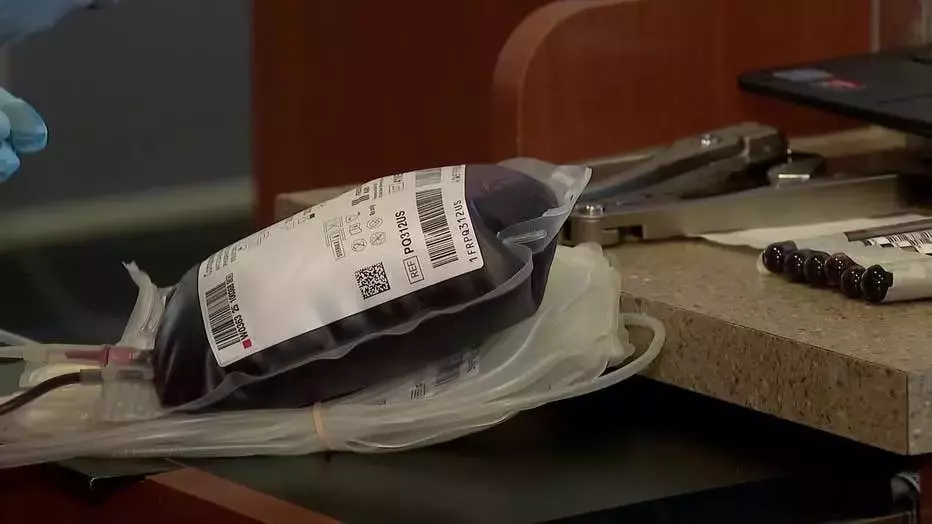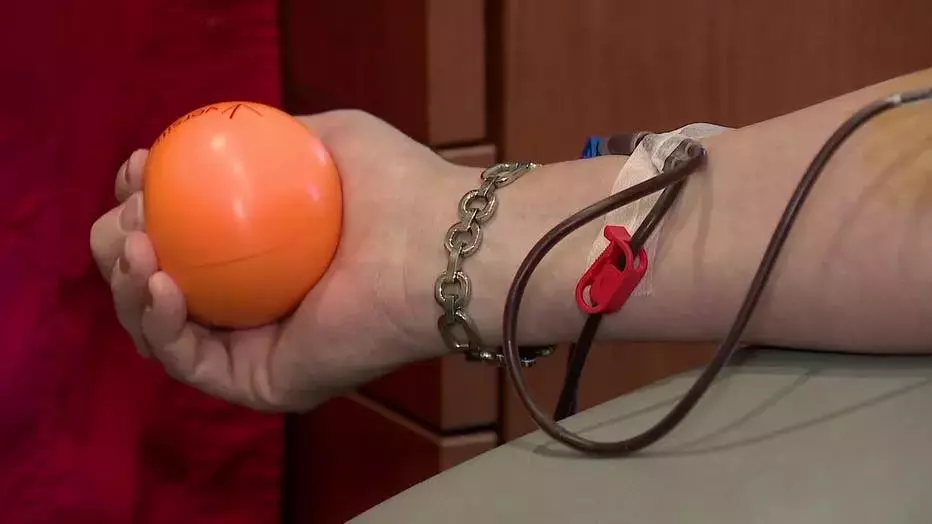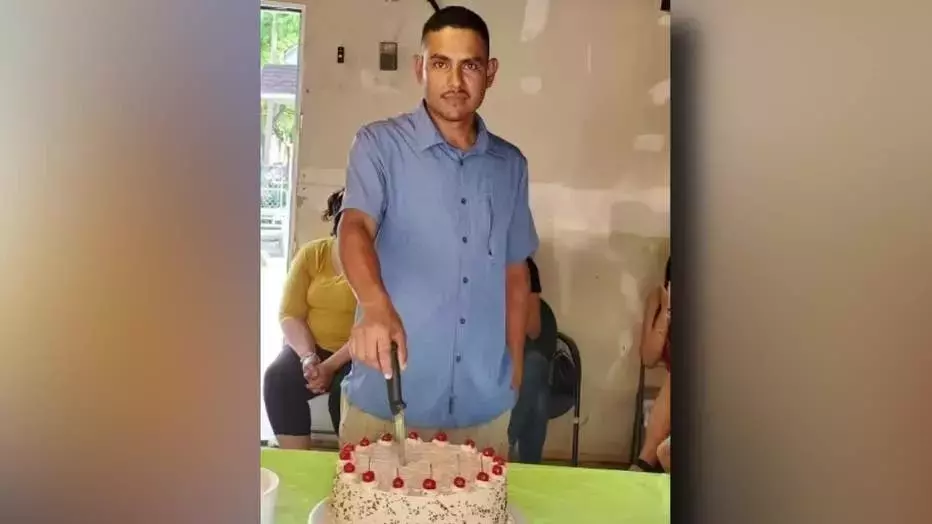




In a poignant gesture of solidarity and compassion, construction workers in Waukesha, Wisconsin, organized a blood drive to honor the memory of Priciliano “Nano” Alvarez, a colleague who tragically lost his life in a traffic accident. The event took place on January 14 at Versiti’s Waukesha Blood Donation Center, reflecting the community's commitment to supporting those in need. This initiative not only pays tribute to Alvarez but also underscores the importance of blood donation in saving lives.
A Day of Remembrance and Action
On a crisp winter day in Waukesha, Ann Neshek, Vice President of Arrow-Crete Construction, spearheaded an emotional yet meaningful blood drive. In June 2024, tragedy struck when two construction workers, Alvarez and Kyle Perkins, were hit by a vehicle driven by Jade Moen near Pewaukee Road and Capitol Drive. Alvarez, a devoted father of three, did not survive the incident. Perkins, though severely injured, has shown remarkable resilience and is now gradually regaining his strength. The blood drive served as a way for Neshek and her team to channel their grief into action, offering hope and assistance to others.
The accident also claimed the life of a 76-year-old woman. Prosecutors revealed that Moen's driver’s license had been indefinitely surrendered in 2023, and witnesses reported that Moen was traveling at speeds between 60 and 80 miles per hour. Moen's attorney claims he suffered a seizure while driving, leading to the tragic events. Nonetheless, the charges stand, with Moen facing two counts of homicide.
Kristi Ronyak, founder of the nonprofit Construction Angels, highlighted the alarming frequency of such incidents. Her organization monitors national statistics concerning construction worker fatalities and injuries caused by reckless drivers. According to Ronyak, approximately 3.5 construction workers lose their lives daily in the United States due to distracted driving, texting, or drunk driving—many of which are preventable tragedies. Construction Angels provides financial support and grief counseling to victims' families across 32 states, bringing some comfort to those affected.
The blood drive symbolized more than just a charitable act; it represented a collective effort to remember Alvarez and advocate for safer roads. As Neshek poignantly remarked, "Just remember these are people with families—they need to go home too."
This heartwarming initiative serves as a powerful reminder of the human cost behind every statistic. It highlights the importance of responsible driving and the profound impact one person’s actions can have on countless lives. By coming together in this manner, the community honors the memory of Alvarez and reaffirms its commitment to making a difference.
